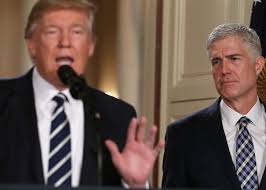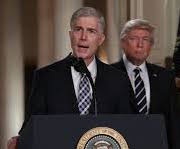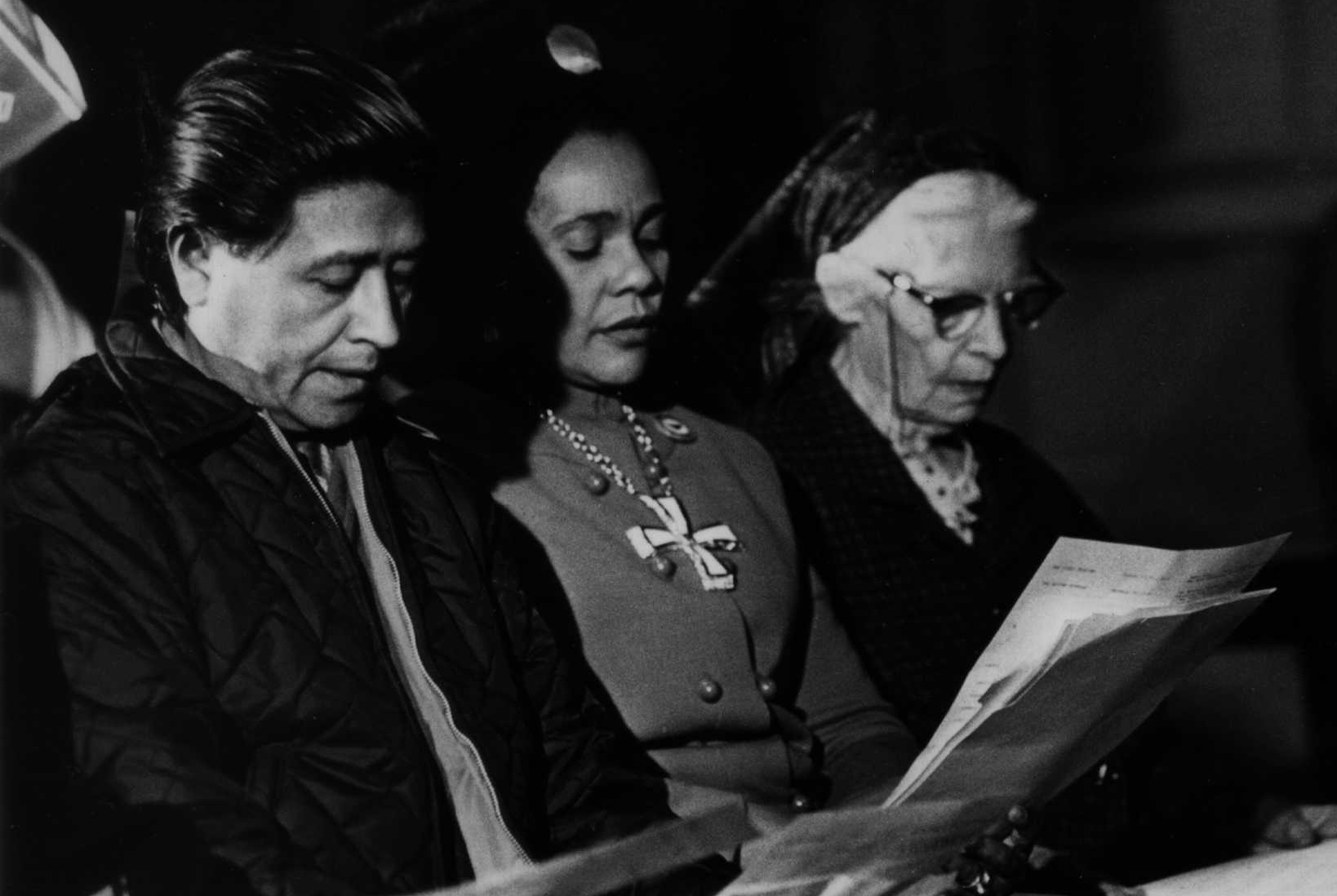
When Donald Trump and his advisors were looking for a judge, Trump apparently was consumed with finding “the absolute best person.” (Liptak, NYT, 2/6/17) Now Donald Trump, with the judiciary halting his travel ban, is attacking the “so-called judge” who has put at least a temporary halt to this legislative initiative. Some will foolishly assume that Gorsuch as a “conservative” will be sympathetic to Trump. However, even if one knows very little about Gorsuch’s legal philosophy (and I confess to knowing precious little), nothing could be further from the truth.
While the press focuses on Gorsuch– following Scalia – being an “originalist,” this term is rarely explained. On one level, the claim is that a judge should interpret the US constitution of the United States as its founders understood it. Some interpret this to be the reductio ad absurdum of trying to live in the 18th century. But that is neither Gorsuch’s concern nor, following Scalia, his point.
In a recent address following Scalia’s death, Gorsuch seeks to instruct us on the importance of Scalia for understanding the role of judges under the US Constitution. For Gorsuch, what makes Scalia important is his defense of the separation of powers between legislators and the judiciary. Legislators must only ‘look forward,’ judges may only ‘look backward.’ Legislators create laws, judges interpret them, both in their own right and in relation to what is compatible with the constitution and judicial precedent.
Gorsuch’s main interest in this is political, as in the politics of the founding fathers of the United States. Gorsuch’s political commitment is to the balance of powers, which itself was ordered to the goal of avoiding tyranny. The concern is this: if legislators get to not only create laws but also interpret them, they are ipso facto granted tyrannical power. Similarly, if judges not only interpret the law, but effectively create laws, they too are exercising power not granted to them by the US constitution, and are usurping the role of legislators.
 Apparently, one of Scalia’s mantras was something to the effect that “If as a judge you are happy with all your decisions, then you are likely not doing your job as a judge.” Scalia’s point is that if a judge’s role is limited to interpreting the law, then the judge will at times be bound to issue judgments with which the judge disagrees with in substance. If the judge rules in a way consistent with his or her beliefs rather than with what the law dictates, the judge has become a legislator, and is no longer acting as a judge, at least as understood by the US Constitution.
Apparently, one of Scalia’s mantras was something to the effect that “If as a judge you are happy with all your decisions, then you are likely not doing your job as a judge.” Scalia’s point is that if a judge’s role is limited to interpreting the law, then the judge will at times be bound to issue judgments with which the judge disagrees with in substance. If the judge rules in a way consistent with his or her beliefs rather than with what the law dictates, the judge has become a legislator, and is no longer acting as a judge, at least as understood by the US Constitution.
Of course, from a Catholic perspective, any judge must deal in some way with Aquinas’ dictum “an unjust law is no law at all.” Leaving aside the nuances of Aquinas’ claim, presumably Gorsuch would argue that there are a lot of laws that a judge may see as less than wise or prudent, but do not rise to the level of a fundamental injustice, and thus must be respected and followed. What is of intellectual interest is under what conditions – in Gorsuch’s view – a moral imperative (as opposed to constitutional considerations or legal precedent) should impact how a judge’s rules in a case.
What about Trump’s critique of the “so-called judge?” That sure looks like Trump attempting to be both legislator and judge. And how will Gorsuch respond when he’s on the bench? He will have none of that.




